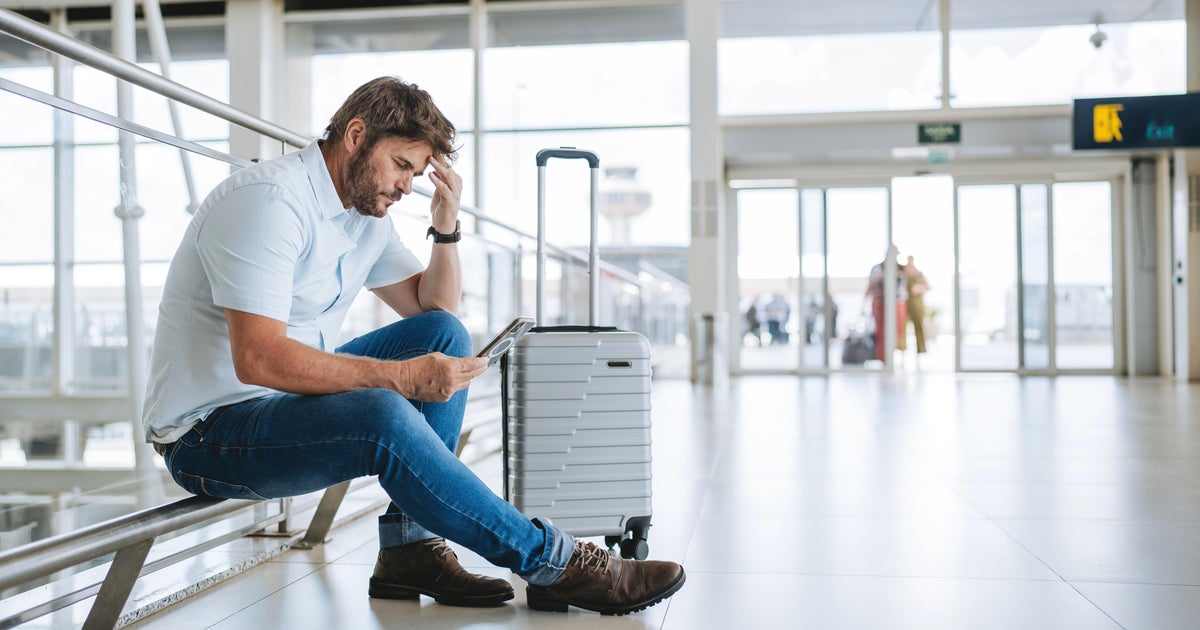The Department of Transportation (DOT) has recently decided to withdraw a proposed regulation that would have mandated airlines to provide monetary compensation to passengers in the event of flight disruptions such as delays and cancellations. This rule, aimed at mitigating passenger inconvenience, never came to fruition.
Introduced under President Joe Biden’s administration and the former Transportation Secretary Pete Buttigieg, the proposal had outlined specific compensation structures. For domestic delays lasting between three to six hours, airlines would have been required to pay up to $300, and for those delayed by at least nine hours, the compensation could have gone up to $775. However, this initiative has been halted as it was reported first by Reuters and later discussed by various sources including CBS News.
The initial concept behind the proposed rule was to enhance consumer protection by aligning the United States’ policies more closely with those of other jurisdictions which have stricter passenger rights. The proposal stated, “The ability of airlines to choose the services that they provide to mitigate passenger inconveniences resulting from flight disruptions under current U.S. law contrasts with consumer protection regimes in other jurisdictions.”
In a press release, a spokesperson from the DOT explained their rationale for not moving forward with the proposal. “We will faithfully implement all aviation consumer protection requirements mandated by Congress, including the requirement to refund ticket prices to passengers in case of airline-canceled or substantially delayed flights when consumers choose not to travel,” the spokesperson noted. They added that while the previous administration’s initiatives exceeded the mandates of Congress, the current administration aims to reconsider those “extra-statutory requirements.”
The decision not to pursue this mandate reflects a broader viewpoint on balancing consumer rights with the operational realities and economic impacts on airlines. This stance is reinforced by the department’s commitment to enforcing existing laws and policies enacted by Congress as noted in recent FAA Reauthorization Acts. The spokesperson emphasized, “This action does not change the Department’s commitment or intent to carry out the consumer protection mandates from Congress… Instead, the action is part of the USDOT’s effort to ensure the traveling public is treated fairly while also acknowledging the realities of carriers’ operations and the impact of overly burdensome regulations on the American people.”
Airlines already provide certain remediations such as rebooking passengers and offering meals and lodging vouchers in the case of significant delays or cancellations. However, no existing laws require cash compensation, and the carriers have been resistant to such mandates. The industry expressed concerns that these additional financial burdens might lead to higher ticket prices, potentially making air travel less accessible for price-sensitive travelers, and could negatively affect operational dynamics.
The trade group Airlines for America, which represents major U.S. carriers, has expressed support for the DOT’s decision to drop the compensation proposal. They issued a statement indicating their approval of the department’s direction under what they perceive as President Donald Trump’s deregulatory agenda: “We are encouraged by this Department of Transportation reviewing unnecessary and burdensome regulations that exceed its authority and don’t solve issues important to our customers,” they said.
In addition to this, the DOT is also revisiting other regulations, including the types of flight cancellations that should trigger refunds and possibly repealing a rule from the Biden administration that requires upfront disclosure of ancillary fees to help passengers avoid unexpected charges.
Overall, these shifts in regulatory approach signal a substantial reevaluation of how air travel consumer protections are handled against the backdrop of airline operational realities and economic concerns. This balance is essential to ensure the sustainability of the aviation industry while still safeguarding passengers’ rights and conveniences. The decisions made by the DOT not only impact the traveling public’s experience but also have broader implications for the airline industry’s compliance, cost structures, and service operations.









